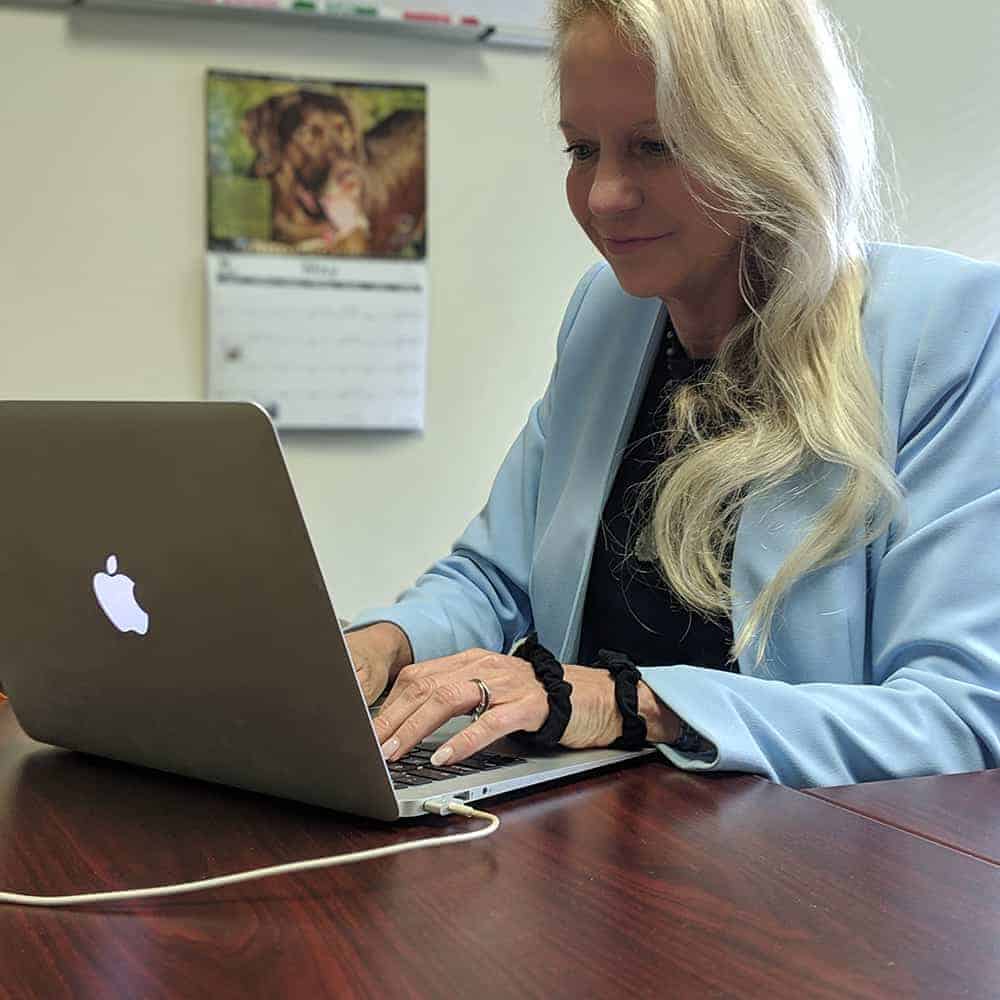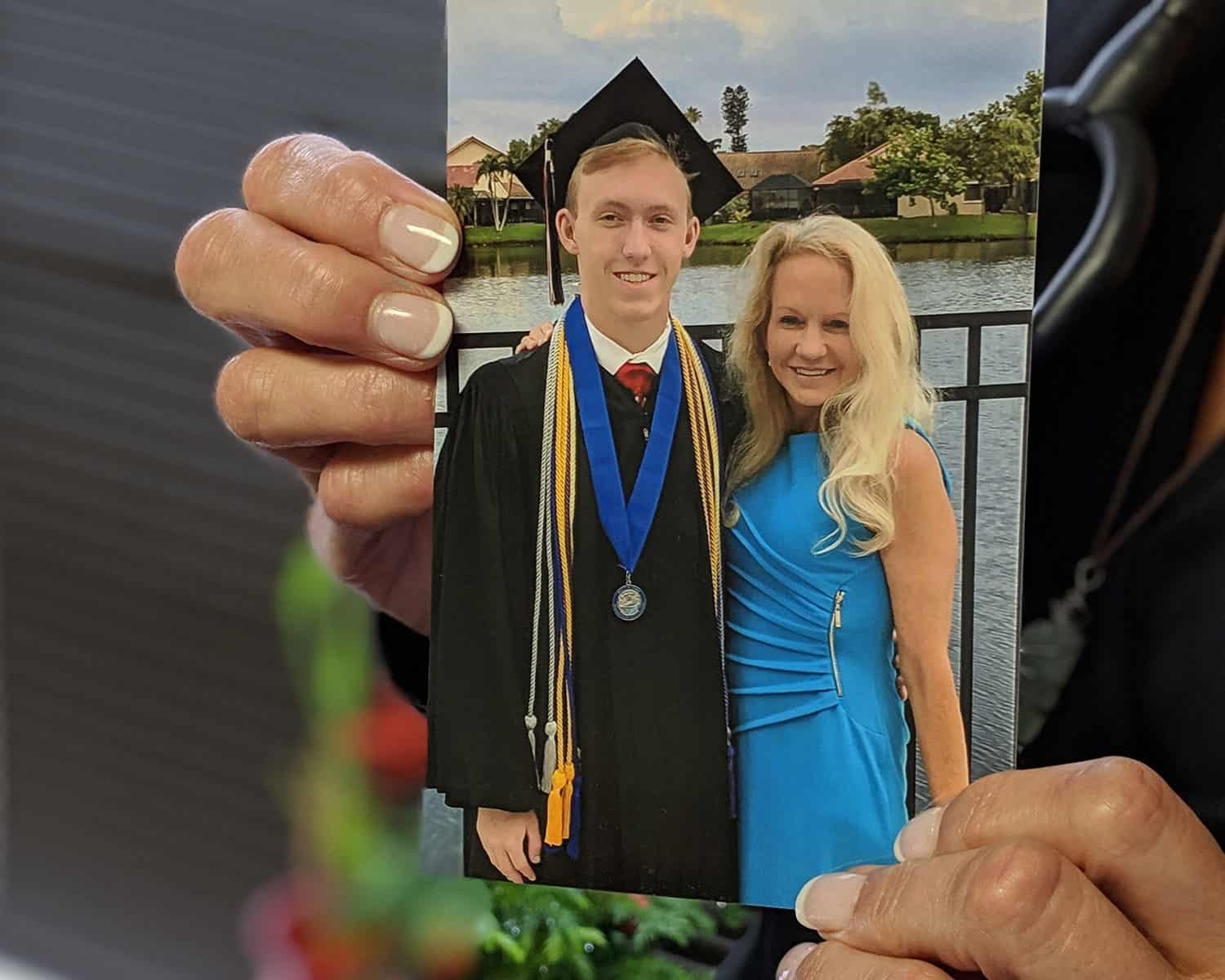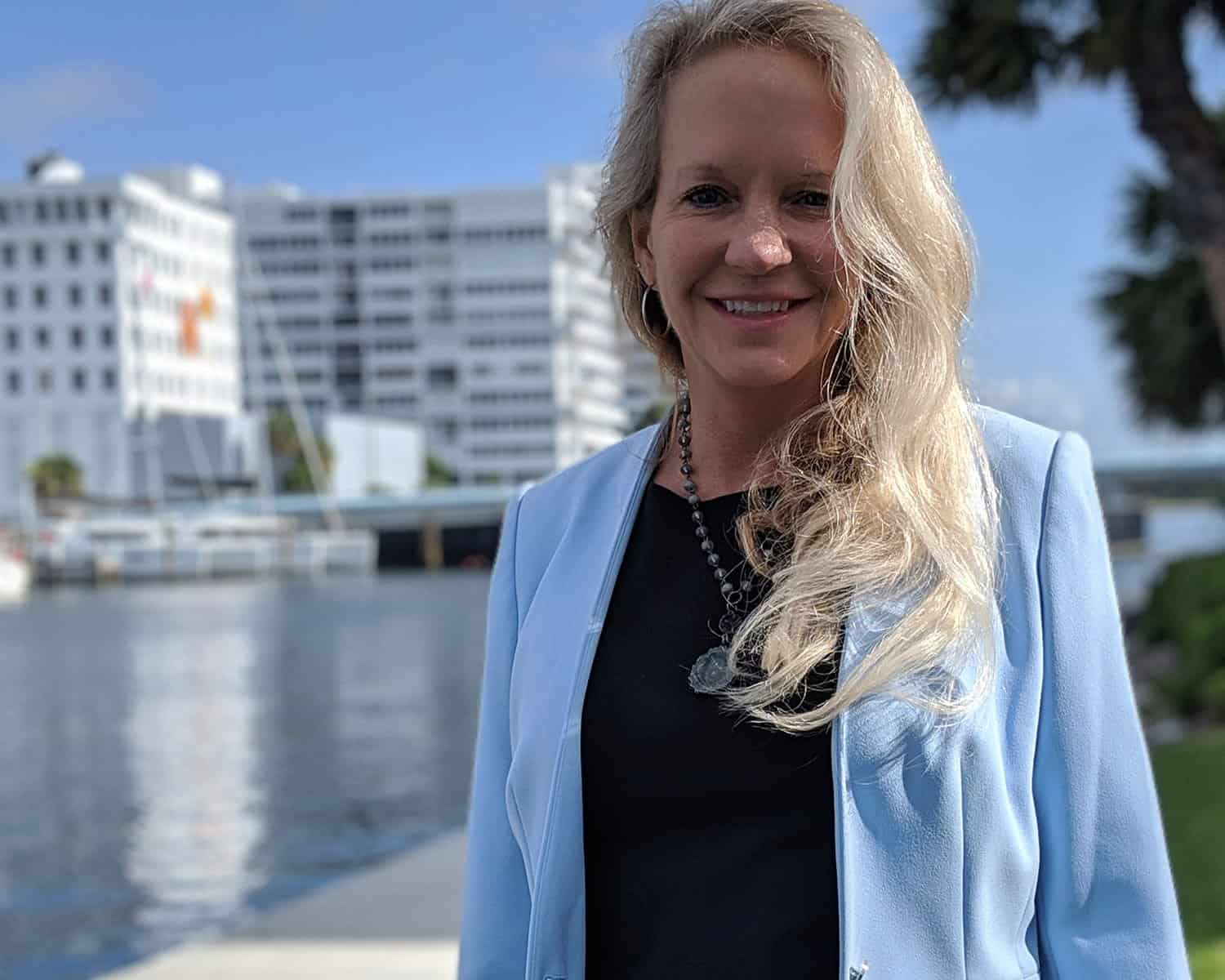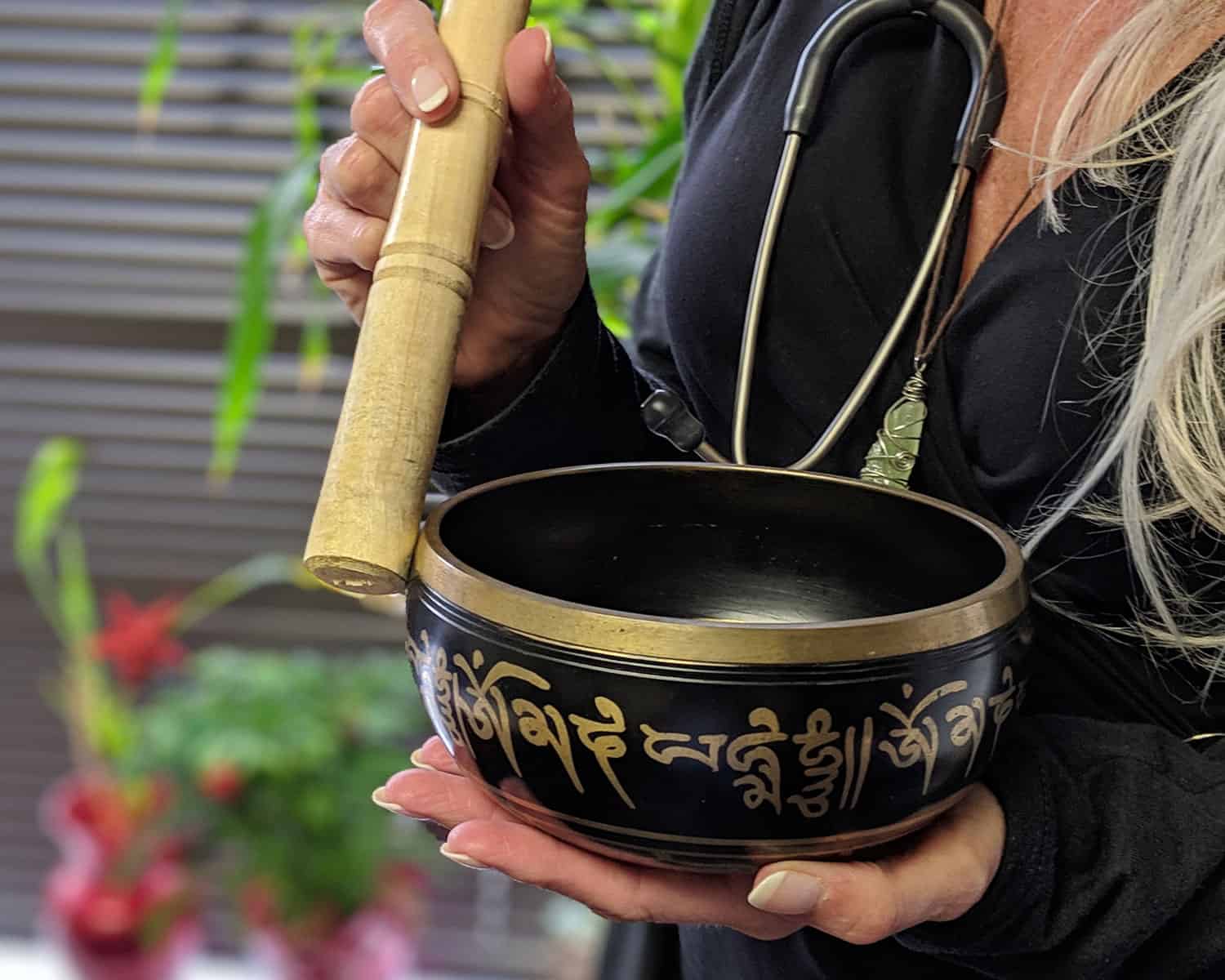
Clean Date: 18 years
From: Maryland
Beth-Sullivan-Jawitz's Humans in recovery story
I started drinking when I was about thirteen years old. Both of my parents were substance users and they’re essentially deceased secondary to medical issues related to addiction. What I noticed right away when I picked up is that I had self-esteem, self-confidence and I felt okay within myself, I felt daring, and I didn’t feel any emotional pain. It was really about numbing. I carried that on for years, I was able to go college and do different things, though being able to party was always a high priority on my agenda. Things continued to progress, and I went from having major issues with alcohol and at one point liver failure and seizures to opiate addiction and overdose. It was a habit I couldn’t break and it made me suicidal every day.
I had been in and out of recovery more than a few times because I didn’t take the suggestions. Twelve-step programs always work, but I would do “salad-bar recovery.” I would say “okay I’ll do this, I’ll do this, I’m not doing any of this because I don’t like that,” and it didn’t really work out because I wasn’t willing. I had relapsed again, I had an infant son and I thought that the world would be better off without me. So I checked into a hotel and wrote a suicide note, and was about this close to killing myself. Then I said “You know what, let me just pray for a minute and think about it,” and then I said “Let me just try one more time.” I was desperate. I was ready to end my life, and what I didn’t know in such emotional pain was that it was going to prompt me into the most exciting thing I ever did, even though I felt like that when I started the journey. I mean, there should have been confetti and a band playing because I was going to start this amazing journey.

When I got into recovery, I got in two days before my son turned one year old. Before that I was in a treatment center when I found out I was pregnant and wasn’t able to stay clean. I was in and out of treatment most of my pregnancy, and that shows the power of addiction because the maternal instinct was “protect the child at all costs” and still the addiction would override that. The more I tried not to use, the more I used, and that’s why I needed to be contained in a place. Then I did get into recovery two days before he turned one and let me tell you, my son, the light of my life, grew up in Narcotics Anonymous. My parents were both addicts, my mom a little bit worse than my dad. My dad was functioning and very hard working. I really didn’t know a lot about parenting, I learned to parent in the rooms of recovery. I would see people who had children and I would just go ask them “What do you do about this? What do you do about that?” So he spent so much time in meetings that it influenced who he was as a person. He knew that people were kind, that people were loving, that people helped each other. By the time he was in middle school he would be the kid that people would call if their family was going through a divorce or if somebody had a death in the family.
I’m so grateful to the rooms of Narcotics Anonymous and the rooms of 12-Step recovery because they helped me to be a better parent, and that flowed through to him.

For a lot of years before I got clean, maybe three or four years I didn’t work. I was trying to get clean or just unable to work. When things were starting to get bad and I was nursing, it was difficult. I felt like I had a facade or I was so fake when I would go to work and try to pretend like I’m this professional, and I’m caring, and the whole time I was obsessing about using. When I got clean, the first job I had was working in an antique store refinishing furniture. It was a very fun job. Then I started working in treatment, and I didn’t want to work as a nurse because all the nurses were doing the detox meds, and I didn’t want to be around those meds so I worked as a Tech. Then they actually created a triage position for me, and the doctor I worked with who helped me get clean told me, “You should go back to school to be a Nurse Practitioner, I’ll give you a job.” And I did.
For anybody who’s out there struggling with alcoholism or addiction, I would just tell you to open yourself up to listen to the people around you. You deserve to be joyful, happy, you deserve great things in your life. I always tell people at my job when I meet with them to look at those things you really want in your life. All things are possible, and recovery gets to come along for the ride. It’s because of recovery that these things can happen. They should just really have faith in themselves. I know that personally I didn’t think that I deserved it, or that I was one of the people in the statistics that wouldn’t make it. Everybody, if you follow the suggestions, the success rate is 100%. You deserve it. You deserve the happiness, and it’s so doable. There are very few places people can go in this world in this where people are trying to become better people, and you’ll find that in the rooms of recovery.

I’ve realized with families, from myself and working in this field for seventeen years, is that most people won’t hit their bottom until their loved ones hit theirs. There’s some part of it, when they continue to enable them, that tells them that it’s really not that bad. “They’re still sticking by me, they’re still giving me money, they’re still going to give me a place to live, it’s not that bad.” You know when people hit the bottom it really puts someone in the space to really be there with their situation and to make changes. I don’t have a crystal ball, and I try not to make recommendations to people on what to do, but I can tell you from my experience in dealing with many families that people are much more likely to die from enabling than they ever will from tough love, even though it’s difficult to do.
People deserve to be happy, they deserve to be loved. They get to be their authentic selves. I do some coaching and I deal with clients, and they want these things, and I’m like, “Who do you have to be to make that happen?” Just to empower each other. And I’m all about breaking the stigma. I put my name here, there, anywhere I can. I’ll tell people who don’t even care that I’m in recovery. I am grateful to be on this recovery journey with my husband. It is an incredible experience to apply the principles of the program to the marriage.